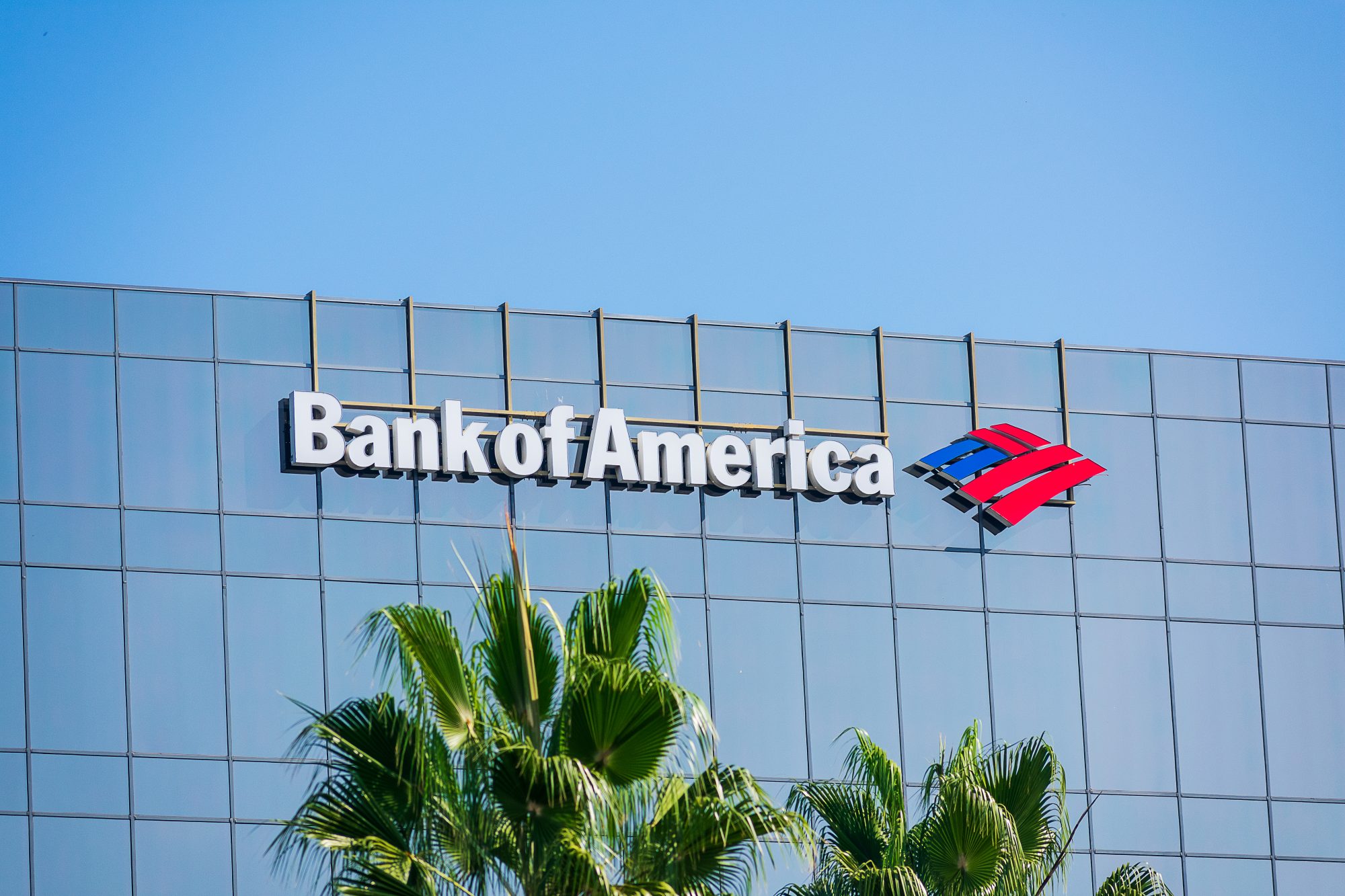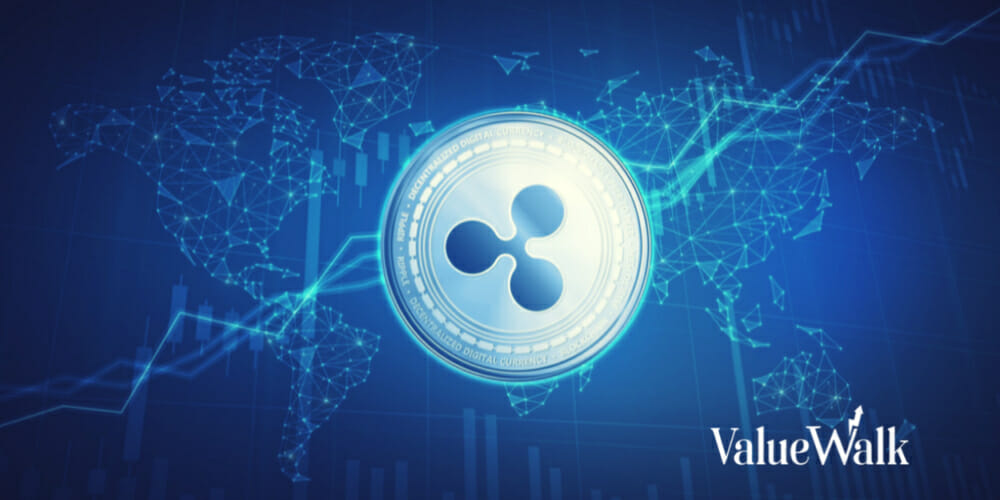Apple Inc. (NASDAQ:AAPL) is one of the darlings of Wall Street for some time now, and with good reason. The consumer electronics device maker will generate at least $25 billion a year in after-dividend cash flow over the next three years. However, according to Moody’s Corporation (NYSE:MCO), even that king’s ransom won’t be enough to satisfy investor demands for cash, so the company is likely to continue to take on additional debt.
Apple’s outstanding debt
According to a recent Moody’s Investors Service report, Apple Inc. (NASDAQ:AAPL) already has around $20 billion in outstanding debt, and is planning to take on as much as another $20 to $25 billion in debt through 2015. Taking on much more debt than currently planned could even threaten Apple Inc. (NASDAQ:AAPL)’s rock-solid Aa1 credit rating.
Additional debt would be unwise
Taking on too much debt would be unwise, according to Moody’s Corporation (NYSE:MCO)’s Senior Vice President, Gerald Granovsky. “Despite its massive and growing cash balance, Apple Inc. (NASDAQ:AAPL) would face heightened credit risk if it were to issue significantly more debt to accommodate calls to boost shareholder returns.”
“We view a significantly growing debt balance as contrary to the highly conservative financial profile expected at the Aa1 rating level,” Granovsky continues. “At a certain point, too much absolute debt would be inconsistent with Apple Inc. (NASDAQ:AAPL)’s rating, no matter how big its cash pile.”
International profits aren’t coming home
The crux of the issue is that a growing share of Apple Inc. (NASDAQ:AAPL)’s profits are coming from overseas, and virtually all major cash flows such as dividends and share buybacks are from domestic funds. This means Apple Inc. (NASDAQ:AAPL) has a rapidly accumulating cash hoard abroad, but is having to borrow money to finance all of the cash outflows from U.S. operations.
That kind of borrowing is perfectly okay, says Granovsky, up to a point. But at a certain point it will be perceived as a balance sheet liability and potentially constrain future financing.
Also see: China Issues 4G Licenses; Apple Inc. (AAPL) Should Benefit











